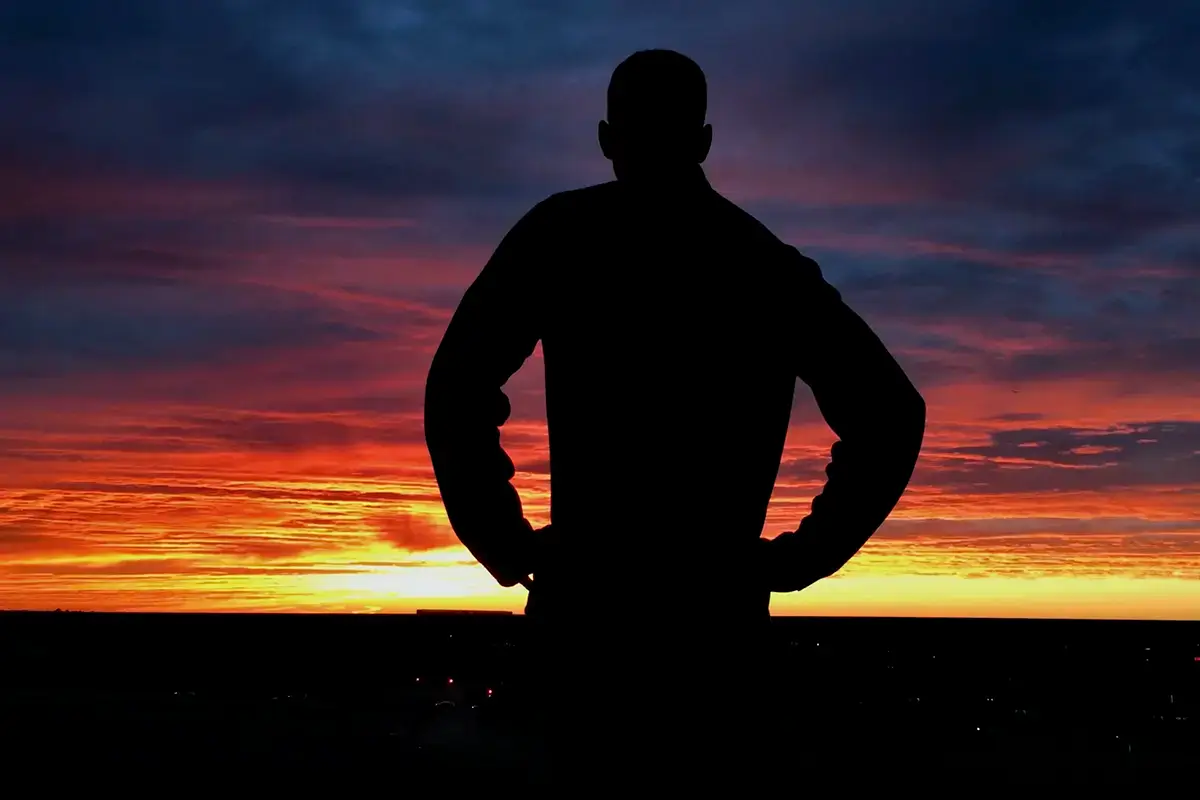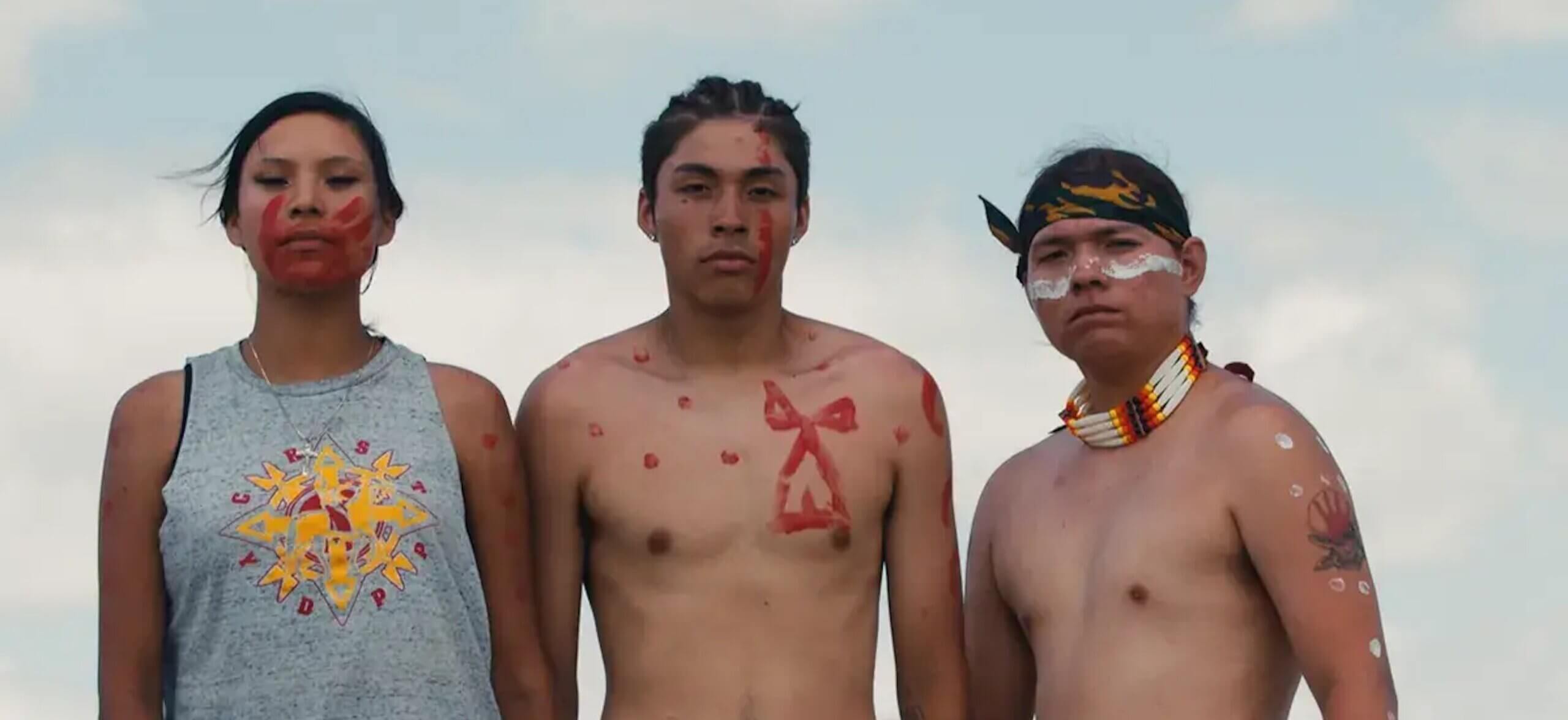Critical thinking is back in the news. It’s not a new discussion; there have been several arguments born from studies in recent years about the state of critical thinking skills.
From the hotly debated book by Richard Arum and Josipa Roksa,
Academically Adrift, to the OECD report on critical thinking nearly a decade later, we are still no closer to consensus on measurement, nor a method that meets real-world needs.
One thing we all seem to agree on is that the need for these skills is, well...critical.
With the ubiquity of content and the proliferation of social media, we are being fed more information than ever before. Half-baked data, a tidal wave of voices, opinions, and sources, meet with platforms and media designed to cater to fleeting interests.
In a world of noise and fleeting distractions, encouraging higher-level thinking can sometimes be the biggest challenge.
“It’s not that deep,” as Gen Z would say. Except it is.
In
The Reading Mind, author Daniel T. William asserts that our brains need a working knowledge of a topic before being able to compare and contrast. In other words, we’re more likely to take things at face value (or dismiss them) if we don’t know enough about a topic.
In a classroom setting, students are primed to think critically. However, in a world of noise and shiny distractions, encouraging high-level thinking can sometimes be the biggest challenge.
With a visual-first generation, documentary films can provide an engaging springboard towards critical thinking, building on comprehension, and accelerating learning outcomes.
Stretching Big Ideas
Documentary filmmakers always start with a thread. A piece of information, a concept, a major event, or a story.
Starting with the big questions before setting the focus, documentaries ignite curiosity by posing more questions to explore.
Interdisciplinary films like
The Hunt for Planet B,
(Dis)Honesty or
Shock Room can stretch thinking even further.
The latter, covering science, sociology, and psychology, examines Psychologist Stanley Milgram’s 1960s experiments on obedience through dramatization and analysis. The film examines human behavior under the scope of influence, forcing us to self-examine and ask, ‘What would you do?’, ‘What would I do?’.
 Image from the film: The Hunt for Planet B
Image from the film: The Hunt for Planet B
The big questions enable us to hone in on the smaller, more niche ones, developing a focus on further research.
Expanding Contextual Learning
Providing real-world context to abstract subjects, documentaries can bridge the gap between knowledge and understanding, promoting deeper learning.
As renowned filmmaker Jill Godmilow puts it:
“What's essential to me, also, is to produce an audience of individuals (not a "community") who become active intellectual participants in a discussion of the social conditions and relationships represented. I want to produce an audience of individuals who can learn some conceptual tools with which to articulate a critique - a critique applicable to all kinds of social and historical situations, not just to the materials at hand.”
Films can be the gunpowder needed to open learning conversations, facilitate student discovery and discourse.
Documentaries also improve engagement by connecting students to the very human stories that can sometimes remain hidden behind data and analysis.
In the docuseries
America to Me, racial, economic, and class issues in contemporary American education are explored through the lives of students at Oak Park and River Forest (O.P.R.F.) High School in Chicago. It shines a light on the microaggressions that statistics just don’t pick up, critiquing the very systems and institutions that were built to drive change. The film encourages viewers to walk a mile in someone else’s shoes, engaging them through an exercise of active listening.
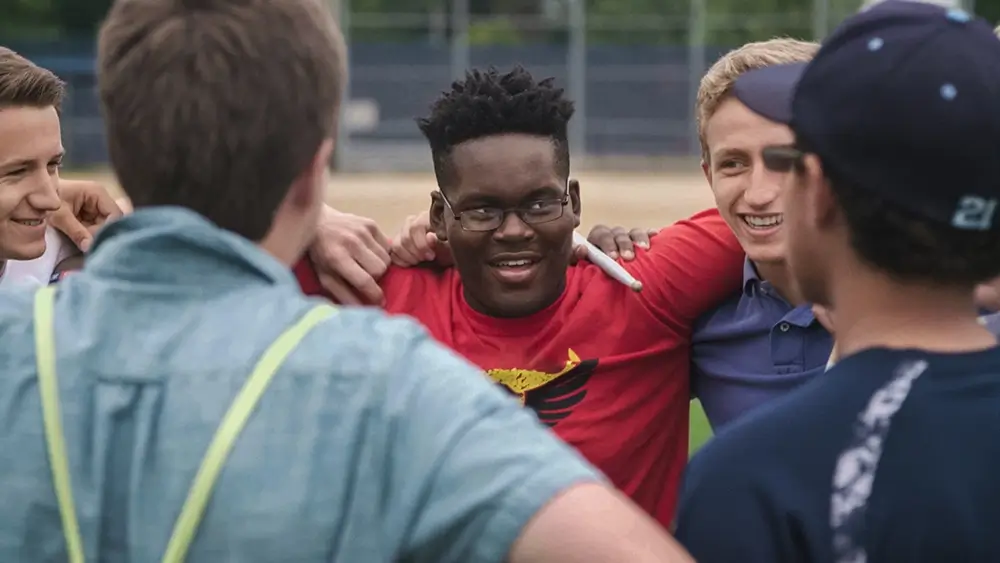 Image from the film: America To Me
Image from the film: America To Me
Removing Barriers to Learning
There’s plenty of research supporting that visual information can complement more traditional mediums to improve learning retention and recall. Using a variety of content forms enables educators to teach a wider range of ability levels.
Visual mediums also remove physical barriers; inviting viewers into different worlds, and building bridges to cross-cultural understanding.
Documentaries can bring foreign affairs home, connect the dots between opposing views, identify paradoxes, and deepen understanding of world events.
From analyzing the refugee crisis in
Idomeni, to critiquing policy and the social structures needed to support the crises in films like
Les Arrivants, to digging into cause and effect as in
House Made of Splinters,
Lost Warrior or
Island of the Hungry Ghosts.
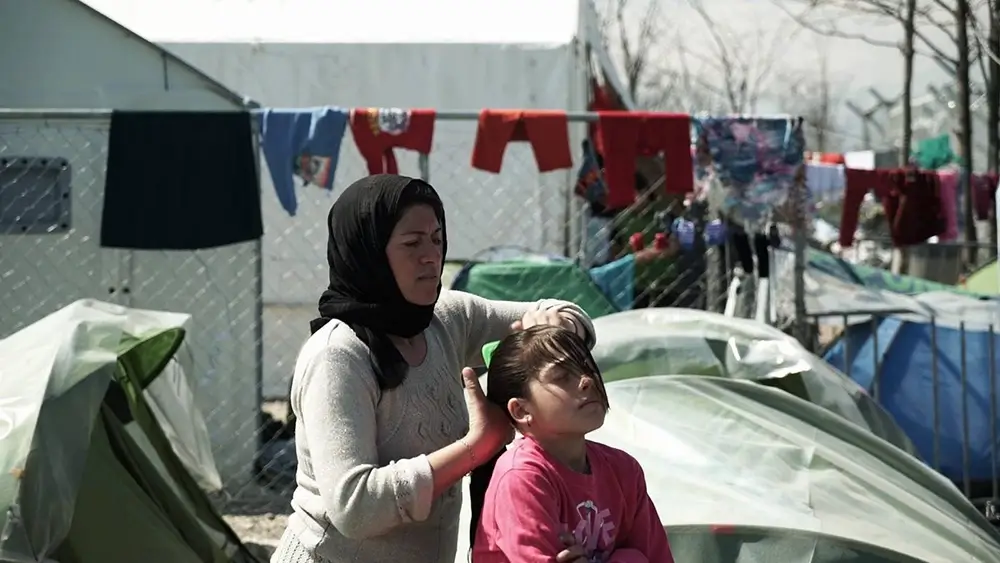 Image from the film: Idomeni
Image from the film: Idomeni
Individually, these films provide insights into different angles of an issue. Together, they sketch an outline for critical reasoning.
Improving Media Literacy
Of course, documentaries as a medium themselves also beg to be examined. These films can provoke students into critical thinking by examining the decisions behind the storytelling.
Reviewing editing techniques, narrative, rhetoric, or dissecting a film’s framing and research can serve as an exercise in media literacy.
How does the film present information through primary sources? What could compromise the film’s credibility? What or who is missing from the story?
What choices did someone make that impacted the information presented? Is there data or research that supports the film’s claims?
Today, 'video evidence' can equally reveal truth or mistakenly be accepted as truth. The speed at which content is served, viewed, and absorbed comes at a cost - and media literacy is too often its first victim.
In
The Viewing Booth, we see the real-world effects of our personal vacuums. The film examines ideological biases, testing to see if visual information can change our views.
Although released in 2020, the film relevantly brings the controversial Israel-Palestine conflict to the fore, but the theory it proposes could easily apply to a multitude of echo chambers society currently plays in.
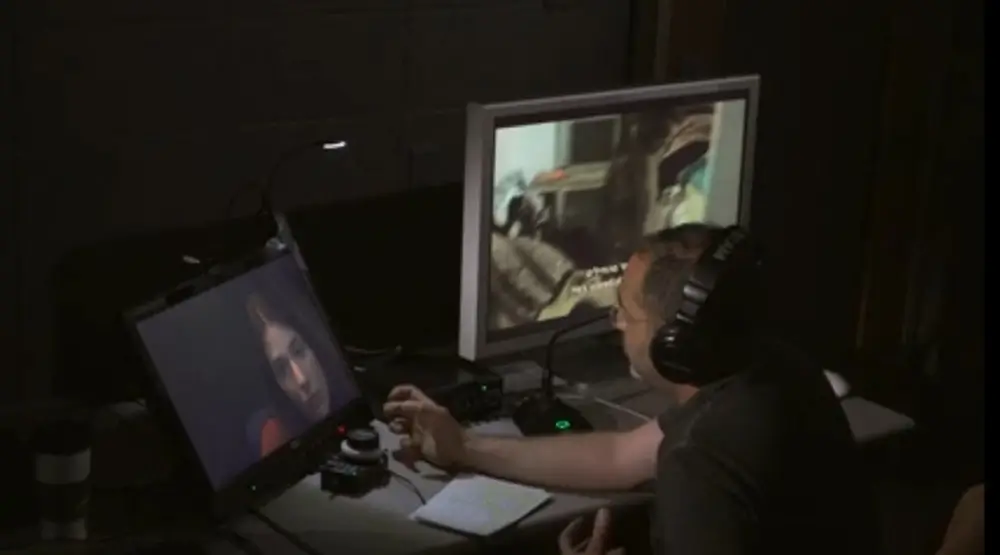 Image from the film: The Viewing Booth
Image from the film: The Viewing Booth
Facilitating open learning conversations, where students can ask and answer those questions in a forum, empowers them to exercise their internal critical thinking prowess.
It’s not easy integrating media into the lesson plan, but documentaries can be an incredibly valuable teaching tool in a world embedded in visual storytelling.
Because it may not be “that deep”, but it should be.




